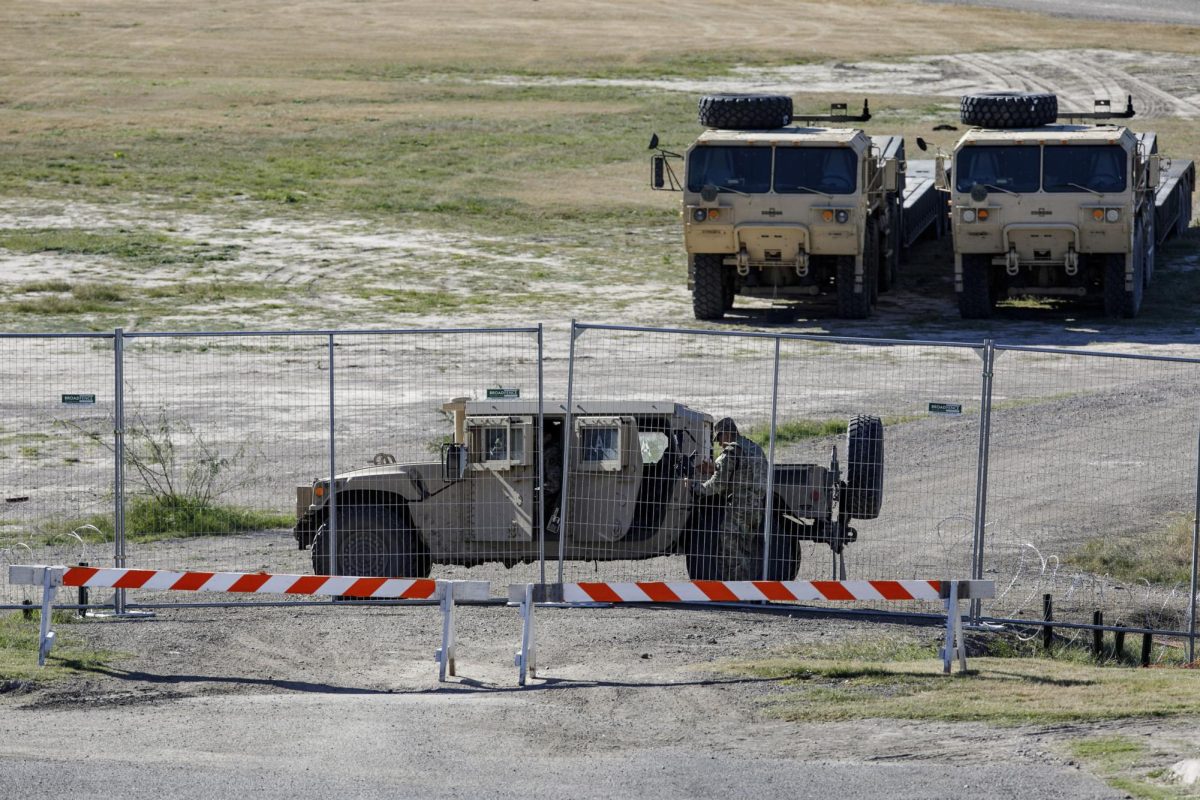Across the United States, the fall months made their swift debut with the commencement of September, and in less than one month, the winter season will make its appearance starting with the festive month of December.
“With cozy sweaters, pumpkin carving, and crisp breezes, it’s no wonder the fall is a favorite season for many. But shorter daylight and cooler temperatures increase energy consumption and energy bills. Adjusting your energy-saving habits is important as you transition into the cooler seasons,” contributor for the SaveOnEnergy website, Saltanat Berdikeeva urged.
The cooler weather presented during the autumnal and winter months evidently has a direct correlation to the standard amounts spent on an average American household energy bills.
In addition to the inevitable rising costs of daily goods, resources, and services as a result of the well known detriment referred to as inflation, many Americans might begin to find their wallet struggling to keep up with the increasing costs in addition to the insurmountable fees of energy bills.
“The Labor Department’s data after a separate report warned of a sharp rise in energy costs this winter, after average heating expenses across all fuel types increased by 17 percent last winter to $1,025. The U.S. Energy Information Administration (EIA) projected another spike in costs is due to two factors: increased fuel costs and colder-than-average temperatures,” contributors for the Changing America website, Adam Barnes and Zack Budryk discussed. “In the coming winter, the EIA projects natural gas costs will increase the most among fuel sources, by about 28 percent. Heating oil costs are projected to spike almost as much, about 27 percent, followed by electricity at 10 percent, and propane at 5 percent.”
In an effort to combat the colder seasons, studies have shown that there are countless tips and tricks to prevent the spike in energy consumption and usage of funds during the colder months of the year by simply following a few simple, worthwhile tips.
Arguably, the most important habit to abide by during the fall and winter months is to take advantage of the heat and light that the sun provides.
When it comes to the windows and blind fixtures that are located all throughout the household, during the winter and fall months it is recommended that some of the curtains and blinds throughout the home be completely open during the day to allow the natural light and heat from the sun to warm the dwelling. However, it would be favorable to ensure that they are closed by the time the sun goes down to reduce the chill from the frigid window panes.
“Before you leave the house, open the blinds or curtains of south-facing windows, allowing the sun to warm the room while you are gone. Keep your curtains and blinds closed to trap in the heat in areas where your home does not get much sun,” Berdikeeva suggested.
In addition, it would be exceptionally profitable for many households to regulate the temperature, via thermostat, within their homes. What may seem like an obvious solution to energy conservation is also a difficult feat when it comes to the piercing cold of the winter months. In many cases, desperation for warmth wins over the moral competitor: saving energy and money.
“Regulating the temperature in your home can save you money. The Department of Energy suggests turning back your thermostat 7–10 degrees for eight hours daily to save up to 10% per year on heating costs. If you set your temperature to 68 degrees while at home and lower the temperature before going to bed, your HVAC system will have less work to do, resulting in lower energy consumption,” Berdikeeva explained. “Managing your home’s temperature is even easier with a programmable thermostat. These thermostats allow you to schedule automatic temperature adjustments to avoid energy waste.”
Moreover, it would be extremely beneficial to complete a home energy audit assessment to ensure that no energy of heat is going to waste. It is also highly likely that individuals would notice a dip in their electricity bill at the end of the month due to the preventative measures when ensuring that the house is well insulated.
During this process, it would also be wise to check the energy efficiency of the windows and doors within the home – and guarantee that there are not any drafts or air leaks – as well as running a thorough assessment of the HVAC system that runs throughout the home.
“Fall is an ideal time for a home energy audit to address heating system and insulation inefficiencies before the winter months,” Berdikeeva expressed.
Another worthwhile tip to follow – especially during the festive holiday season – is to use LED lights rather than traditional incandescent lights. Light emitting diodes (LEDs) are a minimum of 75% more efficient than traditional light sources, and they also last up to 25 times longer, making it a much more profitable option when lighting up the house for the winter holiday.
“You can reduce your electricity consumption and energy bills by upgrading to energy-efficient lighting. This is especially important in the fall when the days get shorter, and you rely on more artificial light,” Berdikeeva described.
Abiding by these simple tasks, in combination with year-round energy conservation methods, like turning off the lights when not in use, utilizing less appliances, and unplugging unnecessary electronics, a lower energy bill is guaranteed to be seen on your next statement. It is easily attainable to stay warm, cozy, and happy without losing every penny in your wallet.
For information regarding energy conservation and money saving tips, please visit https://www.energy.gov/energysaver/fall-and-winter-energy-saving-tips and https://cielowigle.com/blog/energy-saving-tips/.






